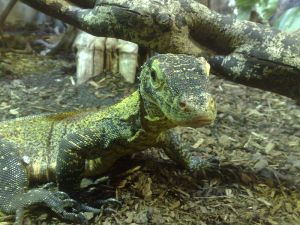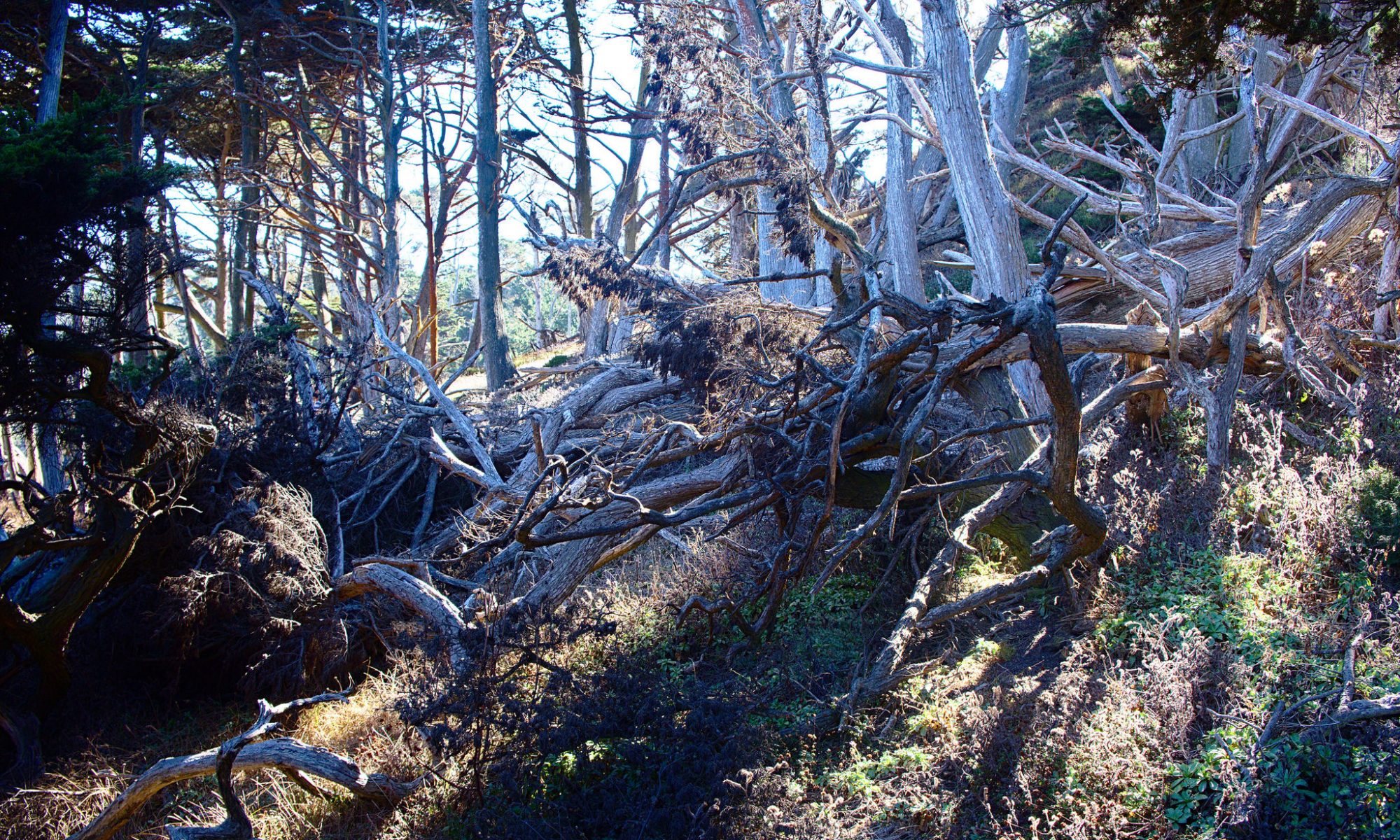This article originally appeared on Geek Feminism.

What the hell. It’s geeky. And this is a fairly new (published 2006) finding about komodo dragons. To quote from Wikipedia:
On December 20, 2006, it was reported that Flora, a captive Komodo dragon living in the Chester Zoo in England, was the second known Komodo dragon to have laid unfertilized eggs: she laid 11 eggs, and 7 of them hatched, all of them male. Scientists at Liverpool University in England performed genetic tests on three eggs that collapsed after being moved to an incubator, and verified that Flora had never been in physical contact with a male dragon. After Flora’s eggs’ condition had been discovered, testing showed that [London Zoo dragon] Sungai’s eggs were also produced without outside fertilization…
Komodo dragons have the ZW chromosomal sex-determination system, as opposed to the mammalian XY system. Male progeny prove that Flora’s unfertilized eggs were haploid (n) and doubled their chromosomes later to become diploid (2n) (by being fertilized by a polar body, or by chromosome duplication without cell division), rather than by her laying diploid eggs by one of the meiosis reduction-divisions in her ovaries failing. When a female Komodo dragon (with ZW sex chromosomes) reproduces in this manner, she provides her progeny with only one chromosome from each of her pairs of chromosomes, including only one of her two sex chromosomes. This single set of chromosomes is duplicated in the egg, which develops parthenogenetically. Eggs receiving a Z chromosome become ZZ (male); those receiving a W chromosome become WW and fail to develop.
The Nature article is Phillip C. Watts et al (2006) Parthenogenesis in Komodo dragons, Nature 444, 1021–1022 (21 December 2006), doi:10.1038/4441021a.
This is an open thread, for a discussion of biology geeking, great nerdy events and, of course, anything else you want to discuss!
